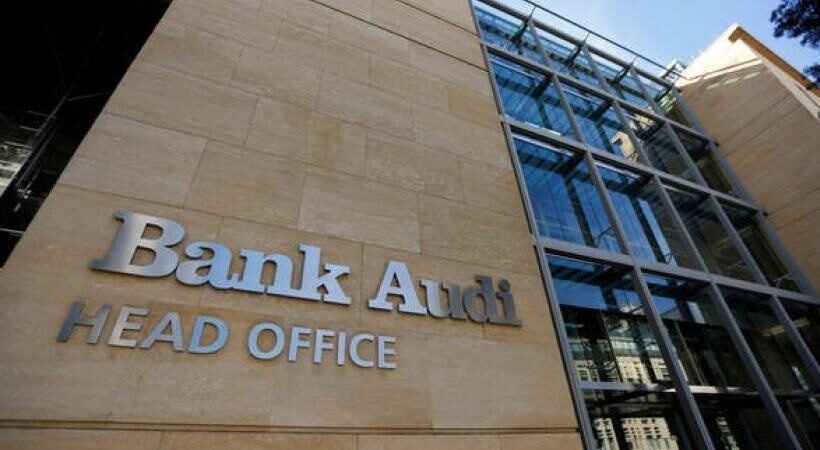A London court has ordered two Lebanese banks to pay a depositor $4 million of his money, which was locked in Lebanon’s banking system by capital controls in place since a financial meltdown in 2019.
This happens to be the first decision in Britain, United Kingdom, to order Lebanese banks to pay locked deposits due to informal capital control.
The High Court of Justice, Queen’s Bench Division, ordered Bank Audi and SGBL (Société Générale de Banque au Liban sal) to make payments of about $1.1m and $2.9m to claimant Vatche Manoukian by March 4, 2022.
“Bank Audi will abide by the ruling of the British court,” an official from the lender said.
SGBL did not immediately respond to a request for comment.
Lebanon’s financial system collapsed in 2019 after years of unsustainable financial policies, corruption and waste.
Banks imposed tight controls on accounts, including an informal ban on withdrawals of dollar-denominated deposits and limits on withdrawals in local currency.
These controls were never formalized with legislation and have been challenged in local and international courts with mixed results.
A UK court in December 2021, ruled in favour of a Lebanese bank in a case brought by a depositor.
It ruled that the bank had discharged its debt to the plaintiff by issuing cheques for the value of his deposits.
Many Lebanese banks have resorted to paying dollar-denominated funds through bankers’ cheques, which cannot be cashed out in dollars and are instead sold on the market at about a quarter of their value.
Previously, a French court ruled in favour of a saver living in France in a case she brought against a bank that issued cheques for her account balance.
The ruling said the move by the bank, which was opposed by the claimant, meant the lender had not fulfilled its obligations.
“This is the first case relating to the Lebanese financial crisis to be successfully brought in the UK,” said Bryan Cave Leighton Paisner, the law firm representing British-Lebanese businessman Vatche Manoukian, Bloomberg reports.
The law firm added, “This decision is likely to be of interest to other English and EU domiciled individuals with funds held in Lebanese banks.”
Many depositors started suing banks in Lebanon and people in Lebanon continue to organize protests demanding their locked money.
In December 2021, a French court had ordered Lebanon’s Saradar Bank to pay $2.8 million to a client residing in France, in the first-known international ruling against informal capital controls imposed by Lebanese banks since 2019.



















